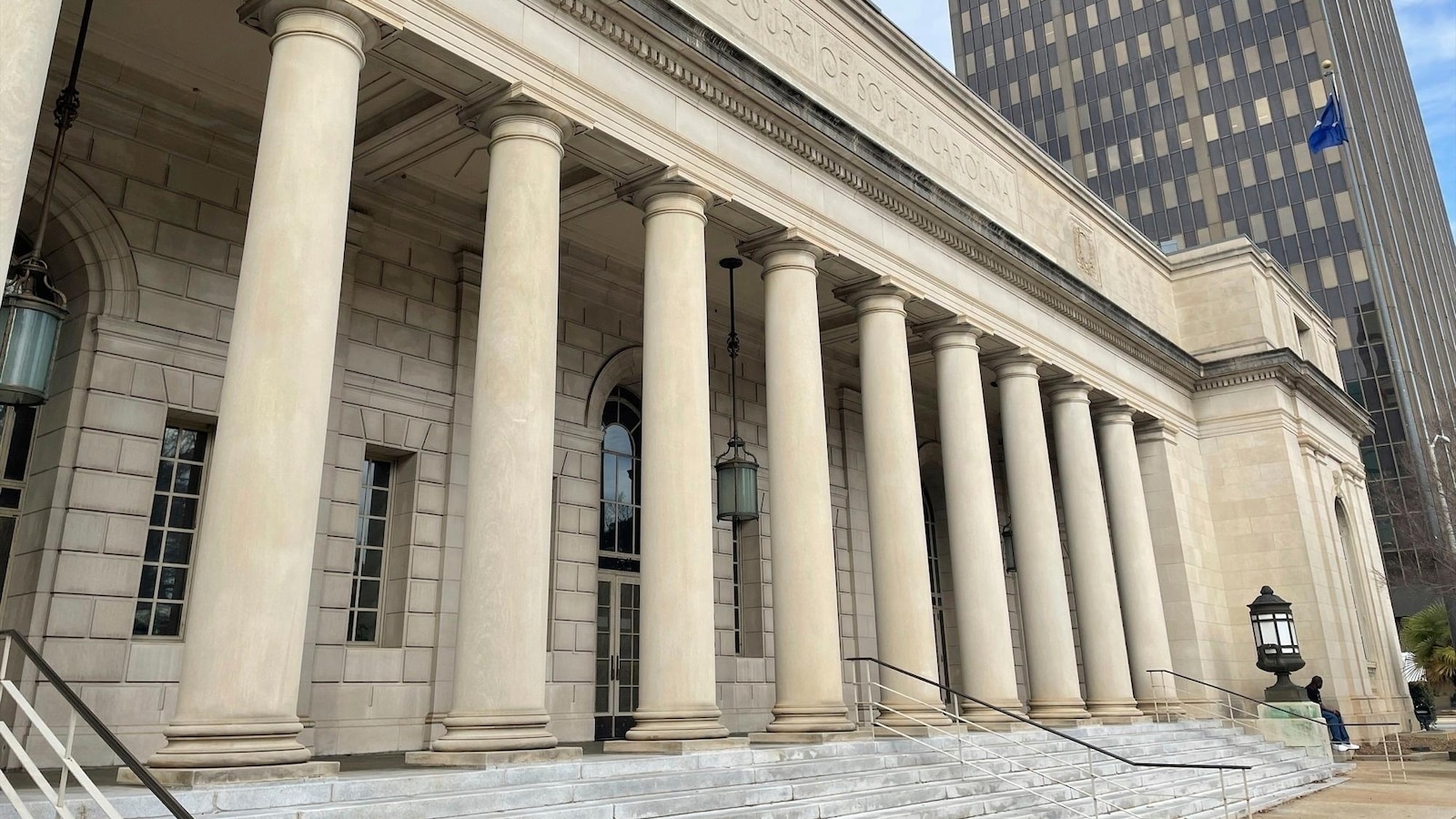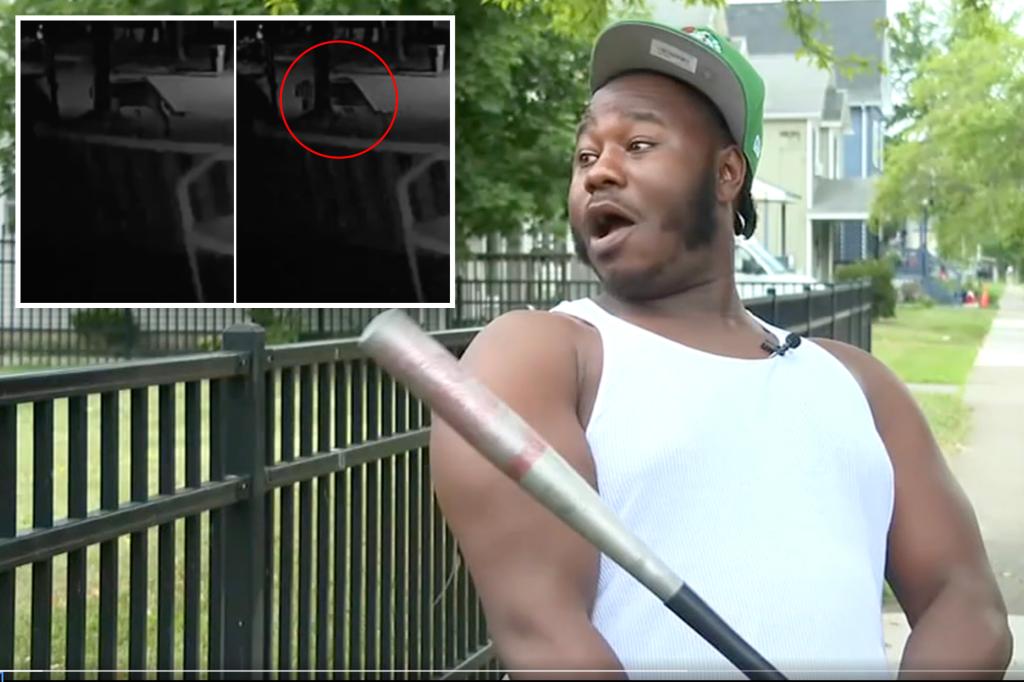Unraveling the Murdaugh Case: Allegations of Bias and Prejudicial Evidence in Murder Appeal
The high-profile murder case of Alex Murdaugh has captured the public’s attention and sparked intense debates surrounding judicial fairness, procedural integrity, and the role of evidence in criminal trials. In the aftermath of Murdaugh’s conviction, allegations of bias and prejudicial evidence have emerged as key points of contention in his ongoing appeal. His legal team argues that these issues may have influenced the trial’s outcome, thus calling into question the integrity of the judicial process. As the case progresses, it highlights critical issues that go beyond the specifics of Murdaugh’s case, touching upon broader concerns about the U.S. legal system and the standards of fairness it must uphold.
The Murdaugh Case: A Brief Overview
Alex Murdaugh, once a powerful and prominent attorney from South Carolina, was convicted of the 2021 murders of his wife, Maggie Murdaugh, and their son, Paul Murdaugh. The case drew national attention not only due to the gruesome nature of the killings but also because of Murdaugh’s influential position in the legal community and his family’s long history in the state’s justice system. Despite the sensationalism surrounding the case, Murdaugh’s conviction was largely based on circumstantial evidence, including cell phone data, video footage, and forensic testimony that placed him at the scene of the crime.
However, following the conviction, Murdaugh’s defense team raised serious concerns about the fairness of the trial, alleging bias and the improper use of prejudicial evidence. These allegations are now central to his appeal, as his legal team seeks to have the conviction overturned or, at the very least, to secure a retrial.
Allegations of Bias: Court Clerk and Jury Concerns
One of the most significant arguments in Murdaugh’s appeal centers around alleged bias within the court system. According to the defense, the court clerk, who was responsible for ensuring that the trial proceeded smoothly, exhibited signs of bias throughout the proceedings. The defense claims that the clerk’s interactions with certain individuals involved in the trial may have compromised her impartiality and, by extension, the fairness of the entire process.
In addition to concerns about the court clerk, Murdaugh’s defense team has also raised issues about the composition of the jury. They argue that the intense media coverage surrounding the case may have led to a biased jury pool, with potential jurors either being swayed by public opinion or exposed to prejudicial information about Murdaugh’s past actions, including allegations of financial crimes. The defense contends that this environment created a situation where Murdaugh could not receive a fair trial.
Prejudicial Evidence and Its Impact on the Trial
Another cornerstone of the defense’s appeal is the argument that prejudicial evidence was improperly admitted during the trial. The legal team claims that certain pieces of evidence, while potentially relevant, were presented in a way that unfairly influenced the jury. For example, evidence related to Murdaugh’s financial crimes, which were unrelated to the murders, was introduced to paint him as a morally corrupt individual rather than focusing solely on the charges at hand. This kind of evidence can be particularly damaging in criminal cases, as it may lead jurors to make unfair associations or assumptions that cloud their judgment.
The defense also highlights the issue of the media’s role in shaping public perceptions of the case. Extensive media coverage, which included sensationalized reporting and investigative pieces on Murdaugh’s financial dealings, created a narrative that may have influenced the jury. The legal team argues that this media frenzy made it difficult for the jury to maintain an impartial stance, further undermining the fairness of the trial.
Legal Precedents and Implications for the Murdaugh Appeal
The issues raised by Murdaugh’s defense team are not unique to his case. Throughout the history of the American judicial system, allegations of bias and prejudicial evidence have played a critical role in determining the outcome of trials and appeals. In some high-profile cases, courts have ruled in favor of defendants, overturning convictions or ordering new trials based on these issues.
For instance, the U.S. Supreme Court has ruled in various cases that a defendant’s right to a fair trial is paramount, and any actions that compromise this right—whether through jury bias or the introduction of prejudicial evidence—can be grounds for appeal. One notable case is Sheppard v. Maxwell (1966), where the Supreme Court overturned a conviction based on the argument that excessive media coverage had tainted the jury pool. This case set a critical legal precedent for the importance of protecting defendants from external influences that could affect the fairness of their trial.
In the context of Murdaugh’s case, the appeal could hinge on whether the alleged bias and prejudicial evidence were substantial enough to warrant a new trial. While courts generally afford deference to the original trial’s findings, they must also ensure that constitutional rights—particularly the right to a fair and impartial trial—are upheld.
Broader Implications for the Legal System
The Murdaugh case raises important questions about the broader integrity of the American legal system. First, it underscores the challenge of ensuring impartiality in high-profile cases. When a case attracts significant media attention, it becomes increasingly difficult to protect the rights of the accused. Jurors, who are supposed to base their verdicts solely on the evidence presented in court, may be influenced by pre-existing opinions or outside information that biases their judgment.
- The role of the media: The Murdaugh case serves as a reminder of the power the media holds in shaping public opinion, and by extension, the judicial process. Ensuring that jurors are not swayed by media coverage is a key responsibility of the courts.
- Financial influence in the legal system: Another issue raised by Murdaugh’s appeal is the influence of wealth and power in the legal system. Murdaugh’s former status as a wealthy and influential figure may have allowed him to manipulate aspects of the system to his advantage, but it also means that his case has drawn more scrutiny, further complicating the pursuit of a fair trial.
- Public trust in the judicial system: As this case continues to unfold, it may also affect public confidence in the fairness of the legal process, especially in cases where the accused is a high-profile individual with extensive resources.
The Path Forward: What’s Next for the Murdaugh Appeal?
As the Murdaugh case moves through the appeal process, it remains to be seen whether the allegations of bias and prejudicial evidence will be sufficient to overturn the conviction. Legal experts suggest that the case could serve as a litmus test for how courts address claims of judicial misconduct and media influence in modern trials. If Murdaugh’s conviction is overturned or a retrial is ordered, it may set a new precedent for how high-profile cases are handled in the future.
Ultimately, the Murdaugh case underscores the need for vigilance in maintaining the integrity of the justice system. Regardless of the outcome, it is clear that the issues raised during the trial—bias, prejudicial evidence, and media influence—are not isolated incidents, but rather are indicative of larger challenges that the legal system must continue to address.
Conclusion
The ongoing appeal of Alex Murdaugh’s conviction is a critical moment in the legal world, shining a light on important issues that affect the fairness of criminal trials. The allegations of bias and prejudicial evidence serve as a reminder that justice must always be impartial and free from outside influences. As the legal battle unfolds, it may serve as a pivotal case in shaping how future high-profile trials are conducted, ensuring that the rights of the accused are protected and that the public’s trust in the justice system is maintained.
For more updates on the Murdaugh case and other legal developments, visit our legal news section.
Learn more about the historical impact of media on trials in this article.
See more NY Times Report



